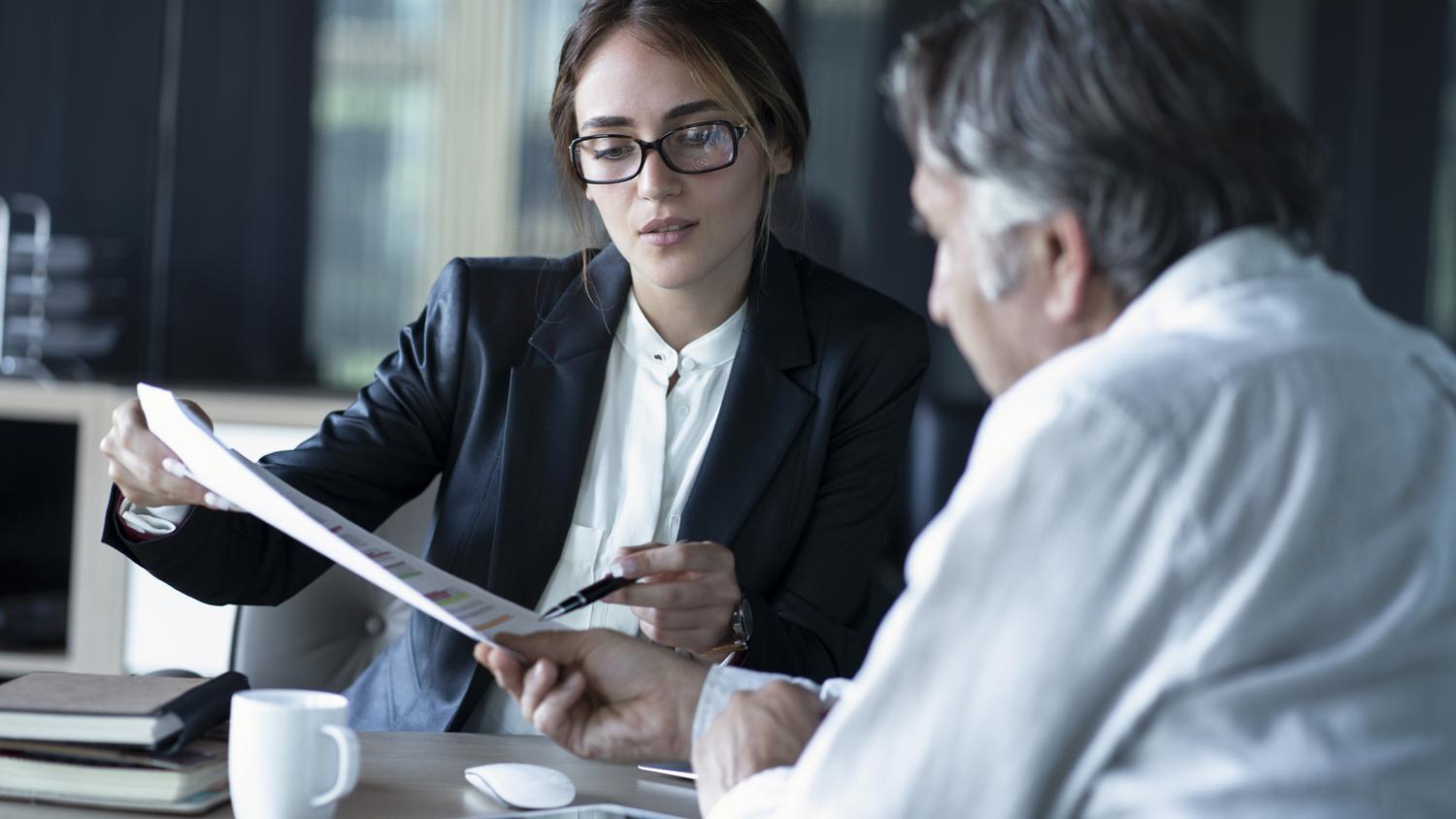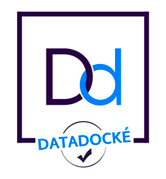Outsourcing GEREP and GIDAF declarations.
Filing GEREP and GIDAF Declarations: An Essential Step for Hundreds of Companies Every Year
Filing GEREP and GIDAF declarations annually is crucial for many companies, encompassing key pollutant emissions (water, air, soil) and waste production. Are you looking to complete these declarations? There are vital aspects you should know and consider. Chavanon Conseil helps you understand what GEREP and GIDAF declarations entail and which entities are affected.
What is the GEREP Declaration?
GEREP (Electronic Management of the Pollutant Emissions Register) is an annual declaration of pollutant emissions and waste according to the Ministerial Order of January 31, 2008. It pertains to the registry and annual declaration of pollutant emissions and waste. This requirement stems from the transposition of regulation no. 166/2006 into French law, which concerns the creation of a European pollutant release and transfer register. This means annually declaring information about your company's waste and pollutant emissions to air, water, and soil.
Detailed Components of the GEREP Declaration
The components of the GEREP declaration vary based on each facility's specific situation and emission thresholds reached. It often includes both aqueous discharges and water withdrawals, atmospheric discharges, waste, and sludge spreading. For each component, you need to specify the quantities generated and chronic and accidental pollutant emissions. Specifically, the information to declare includes:
- Air: Details of the solvent management plan and obtained data, emissions of fluorinated gases.
- Water: Consumed or withdrawn volumes, heat discharged into the sea and rivers.
- Soil: Quantities of waste, effluents, or sludge spread.
- Waste: Quantities of hazardous waste generated if over 2T/YEAR, quantities of non-hazardous waste generated if over 2000T/YEAR, and quantities of waste admitted or treated.
Owners of ICPE companies (Classified Facilities for Environmental Protection) must declare their annual operational balance since 2012. ICPE companies refer to any agricultural or industrial installation that may pose risks, generate pollution, or harm the health and safety of nearby populations.

The Procedure
The information gathered through the declarations is first sent to the inspection of classified installations which acts as a regulator. They are then made available to the public at the national level in the national pollutant emissions register. Sometimes, they may also appear on the European PRTR (pollutant release and transfer) registry website.
The timing of the annual GEREP declaration varies by installation. For establishments under the greenhouse gas emission quota trading system, it occurs before February 15th. For other facilities, it must be done before March 31st. The complete guide and declaration procedure are available on the GEREP website.
What is the GIDAF Declaration?
The GIDAF declaration (Computerized Management of Frequent Self-Monitoring Data) complements GEREP. It involves online declaration of waste self-monitoring results by ICPE companies via the GIDAF application. It became mandatory for ICPE facilities subject to authorization or registration by the decree of April 28, 2014. This decree relates to the transmission of monitoring data on emissions from classified installations for environmental protection.
GIDAF: The Various Pollution Models Covered
The GIDAF declaration involves various pollution models. Besides aqueous waste discharged into surface waters, it also encompasses atmospheric discharges, legionella analysis results, and groundwater. Its goal is to facilitate the availability of self-monitoring data for the public, industrial establishments, inspection services, and the water agency.
It also allows declaring the results of the RDSE (Search for Dangerous Substances in Water) campaign's permanent phase for company owners participating. Another role is to make industrials aware of the importance of the proper functioning of the equipment implemented to limit waste emissions.
The results are transmitted to the inspection of classified installations. Transferred to the water agency, these data help calculate the fee to be paid by the company.
The Advantages of GIDAF
Using GIDAF offers several advantages for the industrialist:
- Avoiding the parallel transfer of data to several entities.
- Simply and dynamically visualizing declared self-monitoring data through presentations (evolution graphs, etc.).
- Calculating the annual data required for the GEREP declaration.
- Detecting and correcting data entry errors concerning frequencies and emission limit rates.
The period during which a company performs its GIDAF declaration is indicated in its prefectoral authorization decree. On the GIDAF website where the declaration is made, you can find the concepts that form the basis of the application, the connection conditions, and its main functionalities.
Who is Affected by GEREP AND GIDAF Declarations?
The establishments affected by GEREP and GIDAF declarations are classified into two groups. Firstly, those whose facilities are subject to authorization or the greenhouse gas emission quota trading system (SEQE). Then, those conducting activities such as quarries and mines, urban sewage treatment plants, and large fish farms. This also applies to companies in activities listed in the E-PRTR regulation: thermal power plants, production and transformation of metals, foundries, refineries, chemical industries, etc. Livestock companies are also affected by these declarations.
Chavanon Conseil, The Firm You Need for Your Declarations
Although accessible, these declarations are time-consuming and may not always be feasible for an HSE (Health Safety Environment) manager. To alleviate this issue, Chavanon Conseil offers an effective and practical intermediary service. We possess the skills and expertise to handle your GEREP and GIDAF declarations, saving you time. Your HSE manager can thus focus on more critical tasks. Your case will be handled by a single contact person to ensure data confidentiality. With us, seriousness and responsiveness are guaranteed.



 A unique communication solution at the service of businesses
A unique communication solution at the service of businesses